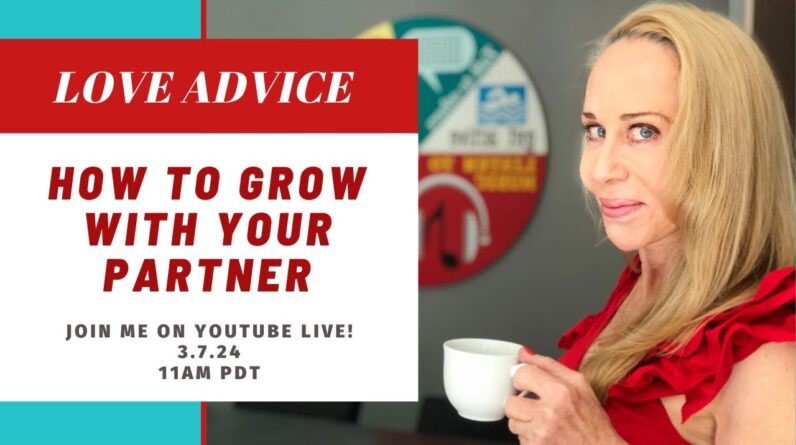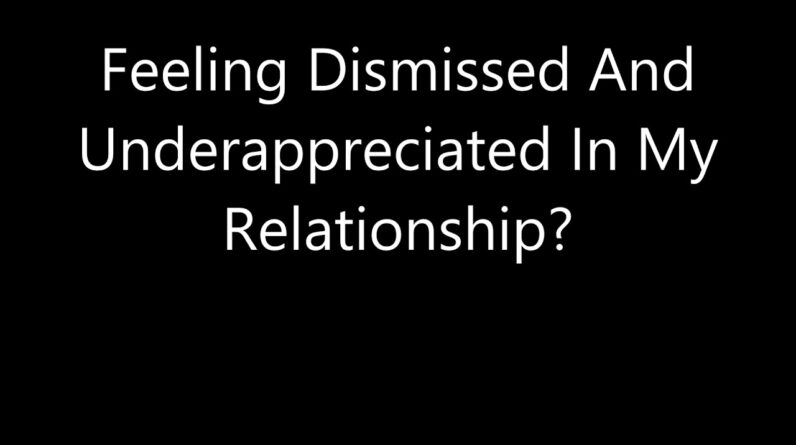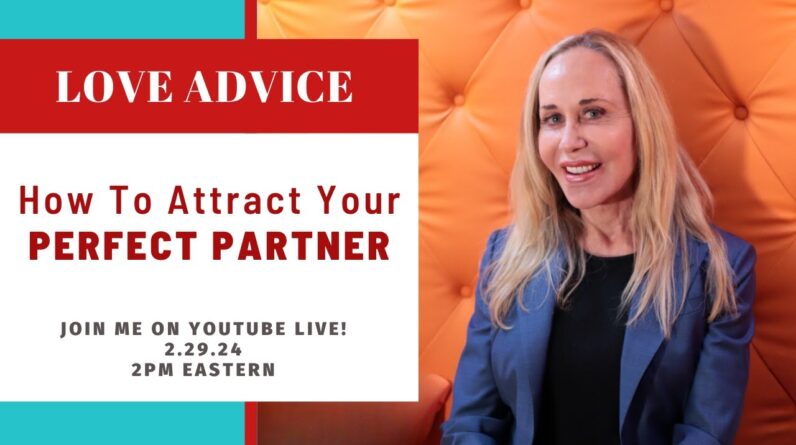Source:
IN THIS EPISODE:
Attachment 101
Show Notes
Secure relationships are what we are shooting for, with ourself and with close others. Secure relating is connected to neural integration and road maps we have internalized from our childhood. The capacity for security is within all of us no matter our histories.
* Even if we did not get security as a child, we can develop into it as an adult. Earned Secure – Dan Siegel
There are different types of security and insecurity, and we discuss it on a continuum where we all can relate to the different modes of relating rather than only using separate, distinct quadrants. This is an important point of these episodes so that we aren’t trying to categorize or diagnose anyone in particular but we are able to use the concepts to improve our relationships:
Attachment Styles
* Avoidant/Dismissive is a kind of organized insecurity that deactivates and by-passes distress. While here, we unconsciously need attachment, but we often do not perceive or have difficulty expressing the need or desire for others. Pull yourself up by your bootstraps, I’ll give you something to cry about, Lone Ranger…
* Anxious/Preoccupied attachment is a kind of organized insecurity where we have difficulty calming down after reaching distress. We are afraid of loss or abandonment – those who identify here can misread negativity into interactions and respond accordingly.
* There is also another category from the research, called disorganized insecurity. This kind of insecurity has most to do with loss and trauma. This is healable and the brain and body can recover by working through whatever the trauma or loss may be.
* see StanTatkin
* A part of us is always able to relate in the optimal level and we can keep gaining insight and creating connections so we can deepen and grow the best part of ourselves.
Special thanks to our guest psychotherapist, Traci Campbell
RESOURCES:
Additional resources for this episode:
Stan Tatkin – Wired for Love
* John Bowlby – A Secure Base: Parent-Child Attachment and Healthy Human Development
* Mary Main, Mary Ainsworth both primary researchers with Bowlby.
* Clinical Application of the Adult Attachment Interview – Howard and Mirium Steele (followed Ainsworth interested in using attachment theory in therapy settings)
* Steven Porges – The Polyvagal Theory: Neurophysiological Foundations of Emotions, Attachment, Communication, and Self-regulation
* Stan Tatkin, Your Brain on Love
*
Dan Siegel – Mindsight
* These and other resources have been collected for you on our Resources page! .










